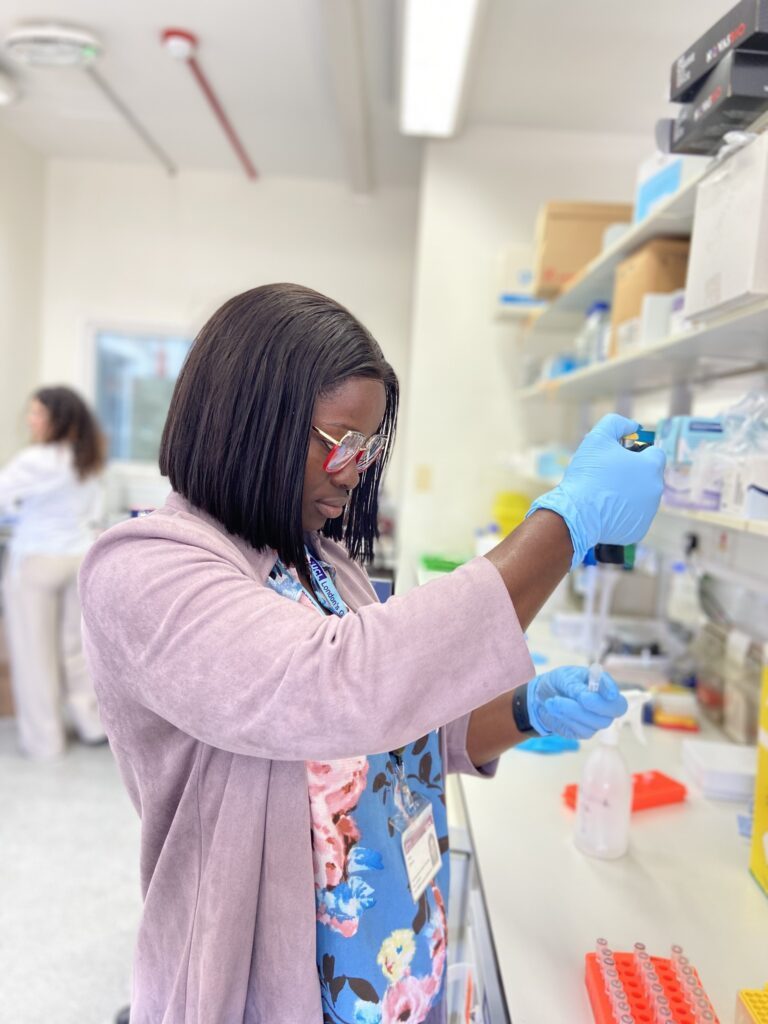Literature Review: Schumacher Schuh et al. (2022) Understanding Populations in Parkinson’s Genetics Research: Current Landscape and Future Directions. Movement Disorders.
Despite progress and promise in understanding human genetics, this paper shows that most of the studies to date have focused on populations of European ancestry, which limits our capacity to translate the knowledge to most of the world’s non-European populations. Thus, the paper argues that this lack of diversity permeates all the genetic studies conducted so far, and it can lead to disparities, preventing the future equitable implementation of personalized medicine. This belief makes the case for one of GP2’s primary goals: to overcome these disparities and to expand our understanding of the genetic architecture of Parkinson’s disease (PD) by recruiting populations that were underrepresented in previous studies.
GP2’s Underrepresented Populations Working Group conducted this scientific review because we need to have a precise overview of what has already been done in PD genetics research to provide better strategies to achieve this goal and to measure its impact. In this regard, the GP2 Underrepresented Populations Working Group conducted a thorough scientific literature review of the publications in PD genetics among non-European populations. The resulting work published this year in Movement Disorders reported that although steps have been taken globally to ensure diversity in PD genetics studies, the unbalanced efforts between underrepresented populations are still concerning. The biggest takeaway from our review is that developed economies in East Asia represent the majority of articles published, while studies among the Black population represent less than 5%. Additionally, less than ten genome-wide association studies, considered the best to decipher the genetics of complex disorders, have been reported.
We believe that the comprehensive overview we provide in this article represents a significant step forward to highlight disparities and foster representativeness, with the potential to prevent inequalities in the health care of PD patients. Recognizing diversity as a driver of equality and scientific discoveries will require concerted efforts. Researchers, universities, and funders, both public and private, should play a more active role in paving the way for long-term diversity by collaborating, building capacity, training, sharing data, and consciously redirecting capital. In this regard, GP2 is taking a bold step toward unveiling PD genetic architecture by bringing together leaders, researchers, and study participants from Africa, Asia, the Middle East, and Latin America as equal partners with more developed countries. Hopefully, in the coming years, a more inclusive research environment will translate into more high-quality publications among underrepresented populations, with potential parallel improvements in health care for all.
GP2 is continually offering opportunities for the research community to learn more about Parkinson’s disease genetics research. Check out our upcoming opportunities or take advantage of our training courses which have subtitles available in over 100 languages!




